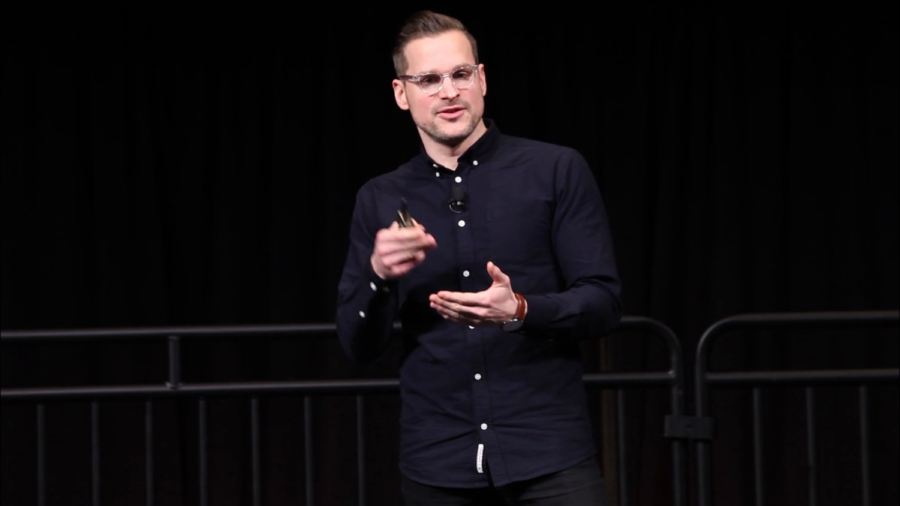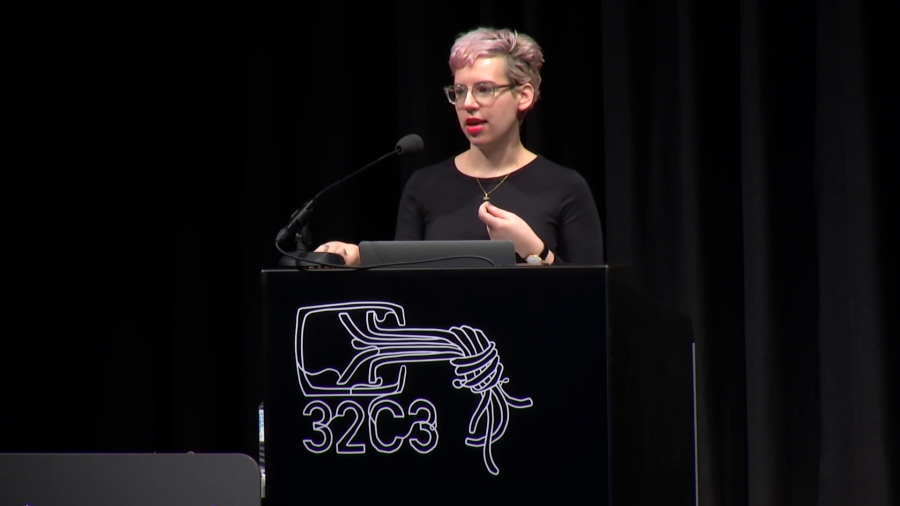We should use our toolbox to make complexity understandable. We need to use the tools at our disposal to build data literacy by showing the context that data exists in. Because with that data, and with context around the data, we’ll be able to build understanding…
Archive
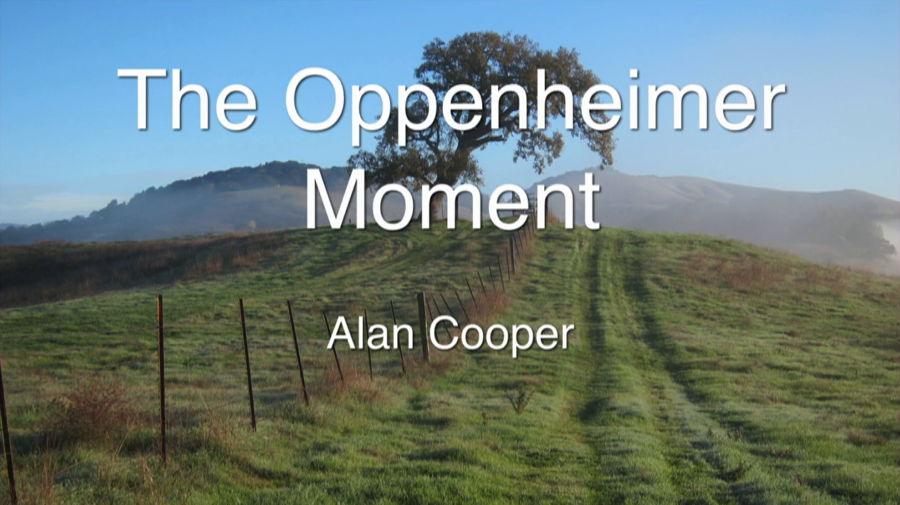
Where did this evil stuff come from? Are we evil? I’m perfectly willing to stipulate you are not evil. Neither is your boss evil. Nor is Larry Page or Mark Zuckerberg or Bill Gates. And yet the results of our work, our best most altruistic work, often turns evil when it’s deployed in the larger world. We go to work every day, genuinely expecting to make the world a better place with our powerful technology. But somehow, evil is sneaking in despite our good intentions.
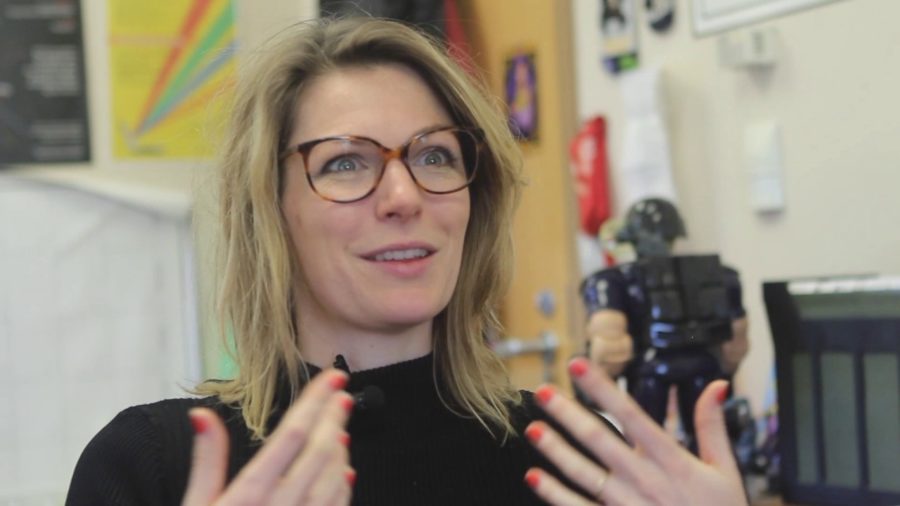
Increasingly we’re using automated technology in ways that kind of support humans in what they’re doing rather than just having algorithms work on their own, because they’re not smart enough to do that yet or deal with unexpected situations.
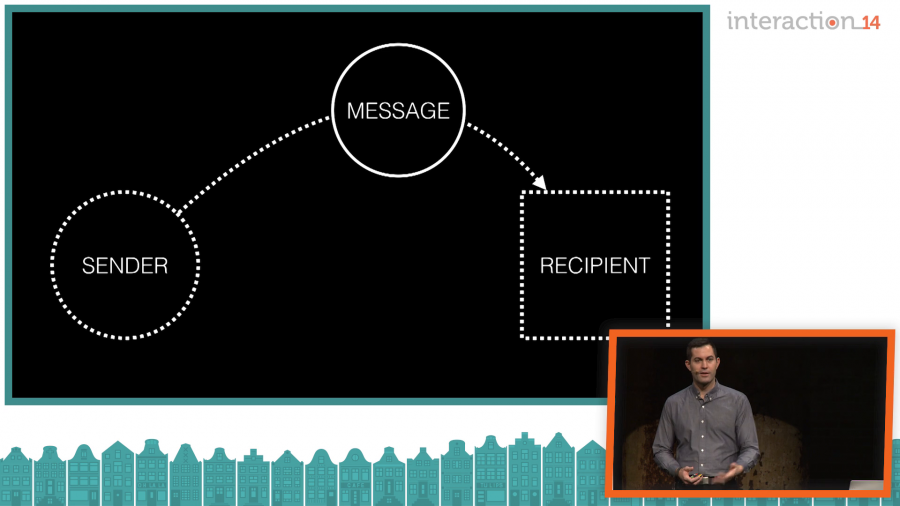
You have to think with your users, with your customers, what is your actual relationship? Are they your gods? Are they your guests? Are they a nuisance to you? Because you know where the power is.

